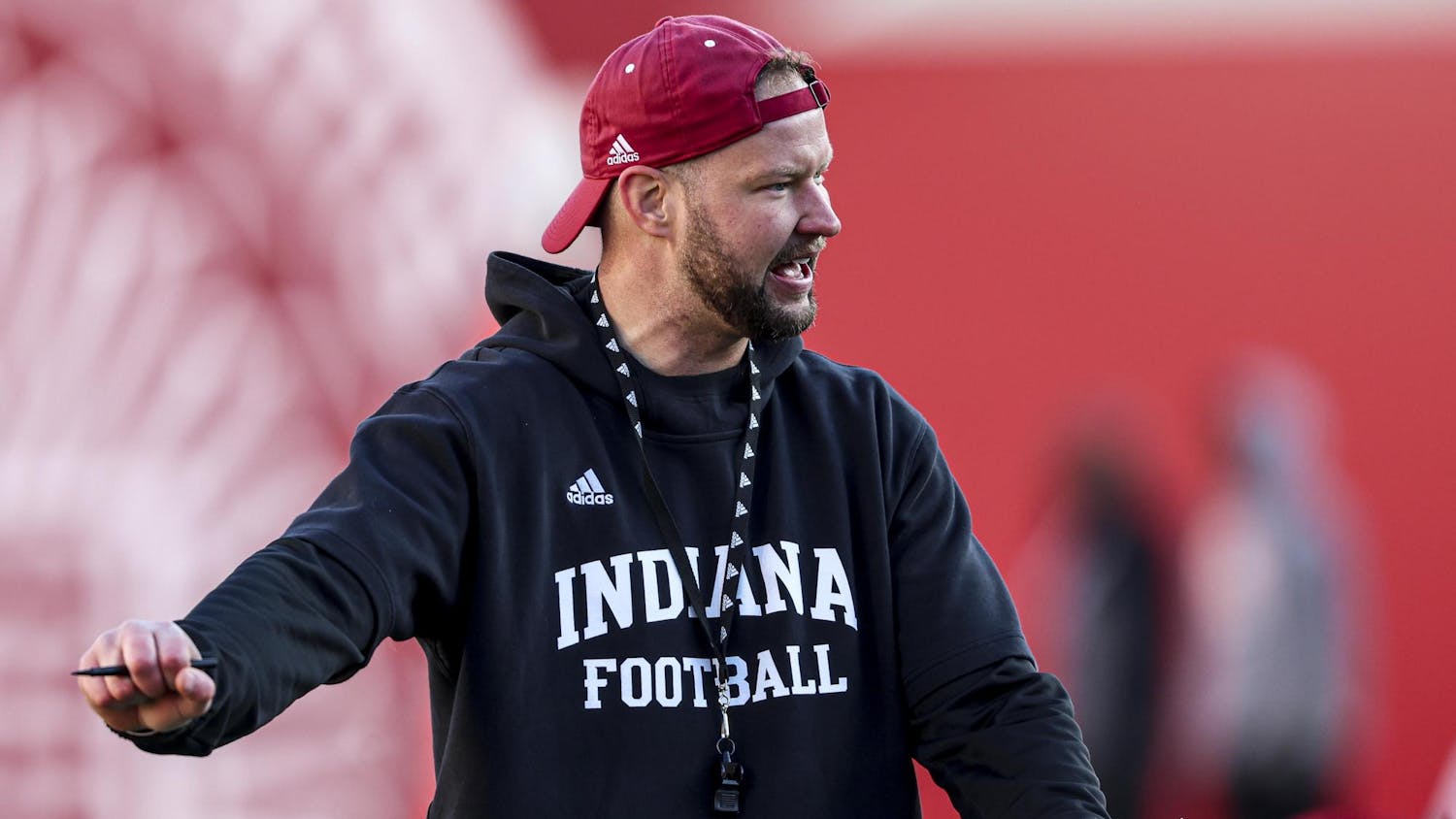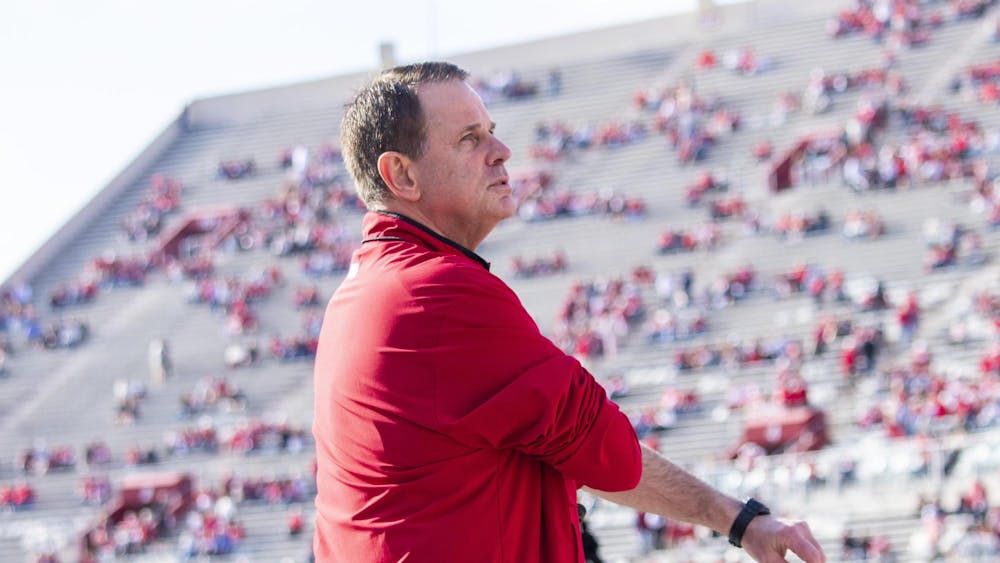Following the tentative agreement reached between the Alliance of Motion Picture and Television Producers (AMPTP) and the Writer’s Guild of America (WGA) on Sept. 27, leaders of the union have authorized their members to return to work. This effectively puts an end to a strike that will go down in Hollywood history, being the first dual strike between screenwriters and actors since 1960. However, the Screen Actors Guild (SAG) remains on strike as they are yet to reenter negotiations with AMPTP. Though I believe this took far too long, I am ultimately very glad that writers efforts were successful.
Among the deal's stipulations are significant increases in streaming residual payments, as well as new staffing terms for writers' development rooms. This is an important milestone, as writers previously had to deal with the relatively unregulated landscape of streaming and technology, which has dominated how we interact with media and entertainment. Streaming companies previously paid out residuals at a fixed rate, with no added reward-for-success dependent on how popular a film or show is.
Streaming companies have also never been required to disclose viewership data, keeping many creators in the dark about the success of their own show. Though at times, networks will announce (unverified) viewership data for select projects, such as Netflix’s “Red Notice” which they claim has accumulated 277.09 million hours of viewership.
According to an article by Polygon, those nearly 300 million hours of viewership translate into a larger success than “Avengers: Endgame,” the current highest-grossing movie of all time, leading many to these self-reported viewership numbers to be exaggerated. Luckily, one of the tenets of the new WGA contract is that streaming companies must be transparent about streaming data and viewership statistics.
Against the timely threat of AI, screenwriters have also secured protections against AI-written material being considered source or literary material, along with regulations against using writers' material in order to train AI entities.
The deal is expected to cost studios $233 million a year.
Entertainment lawyer Bobby Schwartz said in a New York Times article that this same deal was financially viable in the early days of the strike in May or June. He said there is no good reason why studios have stalled in their negotiations, though a source told Deadline the studios’ gameplan was to ‘allow things to drag on until union members start losing their apartments and losing their houses’ in July. While we can’t necessarily say that each studio head thought along these lines, we can say that the deal that was struck did not require nearly five months of preparation.
It’s a wonder how studios brazenly assumed they would somehow profit or ‘win’ by stalling on negotiations. It’s especially confounding when you consider the vast number of projects that were forced to halt production or even face delayed release dates, such as the surefire hit “Dune: Part Two" which will now be released in March 2024 instead of this coming November.
Other major projects which halted production were “Deadpool 3” (which originally planned to continue filming during the writer’s strike until the actors also went on strike), “Challengers,”, “The Batman Part II,”, “The Last of Us,”, “Abbott Elementary” and “Stranger Things”.
In the past month, it seemed like studios started experimenting with how they could resume production on shows without writers, allowing them to hold off on agreeing to WGA proposals yet still earn some money.
The beloved Drew Barrymore came under scrutiny for announcing in a now-deleted statement that “The Drew Barrymore Show” would be returning, but without writers. The star cited wanting to provide work to the rest of her staff as the reason to bring back her show in an apology video, which has also since been deleted.
Seeing that a celebrity of Barrymore’s stature couldn’t escape backlash, even if proclaiming that she would adhere to WGA guidelines without any writers, one would hope studios finally had some sense knocked into them. Looking at the bigger picture, very few celebrities have attempted to cross the picket line like Barrymore has.
The studios’ hope that those on strike would back down after losing their homes may have been thwarted by the generous donations in support of strikers from celebrities who have vocally supported the strike like Steven Spielberg, Drew Carey, George Clooney and many others.
The fight is not over yet, of course, given that SAG is still on strike. Though the undeniable success of the WGA gives Hollywood actors a significant amount of leverage, I hope their proposals will be agreed upon soon enough.






